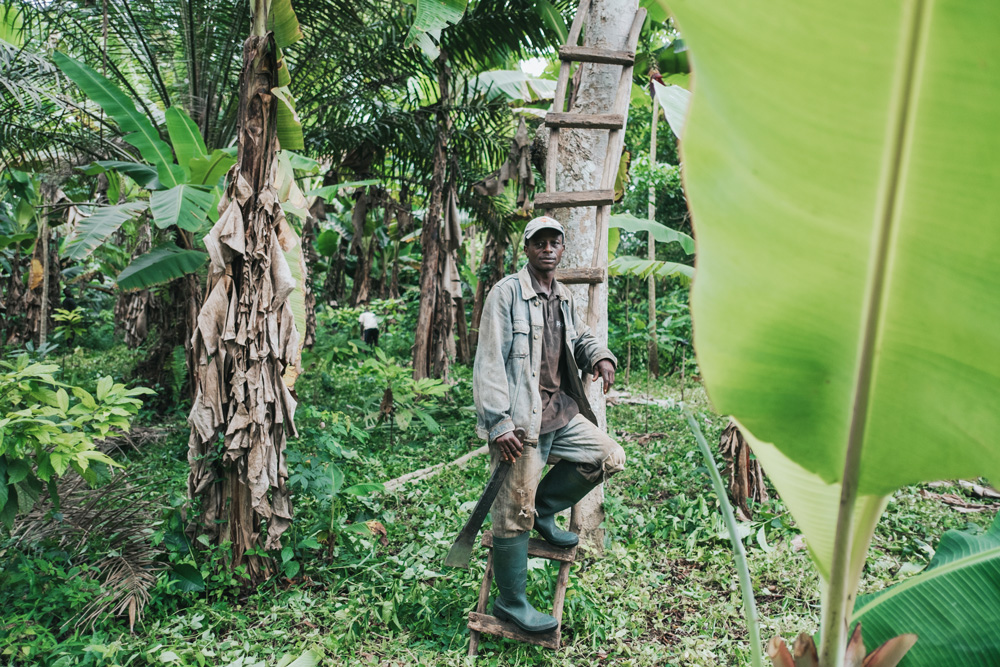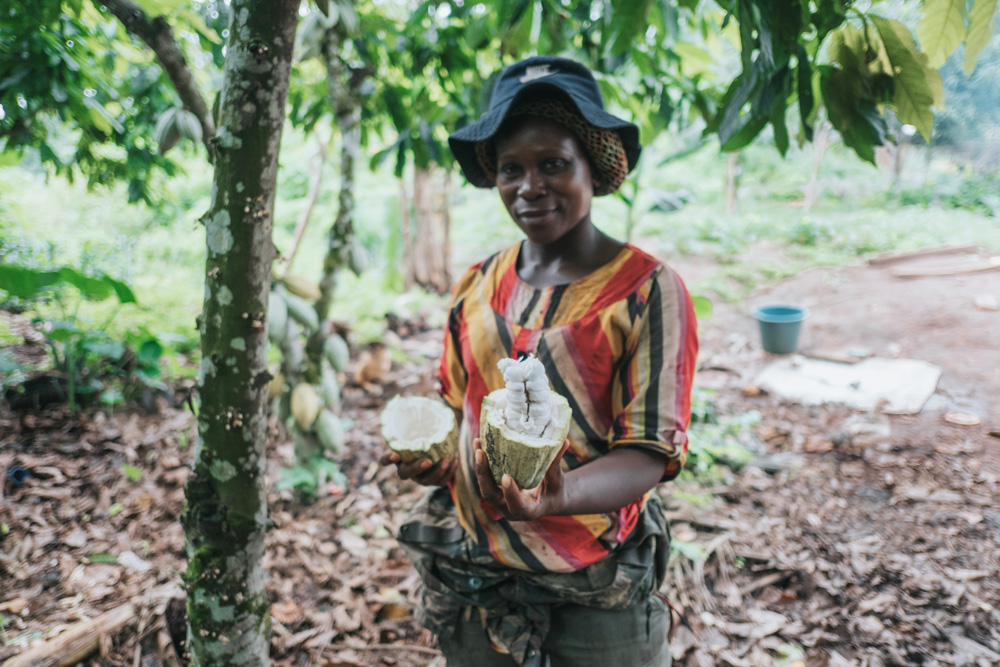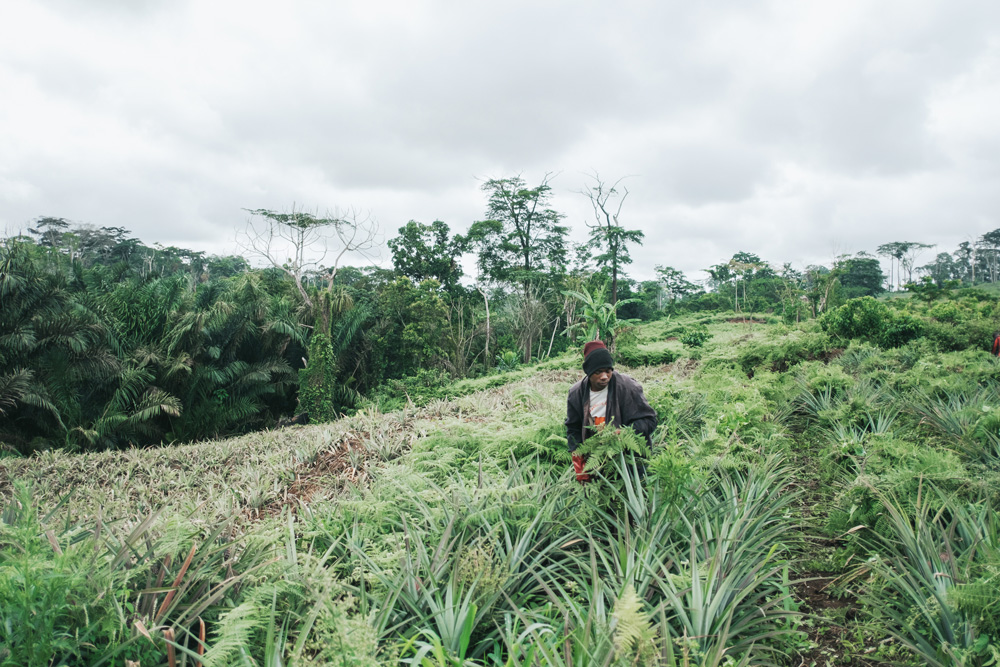Increasing concerns about rising greenhouse gas emissions and climate change vulnerability due to deforestation and forest degradation has led to the creation of numerous policy frameworks. The United Nations REDD+ scheme is, perhaps, the most prominent of them.
The launch of REDD+ generated a buzz in the environmental policy arena, presenting a prospect to obtain large scale funding for cost-efficient emission reductions with corresponding development possibilities. Essentially, REDD+ is a climate finance mechanism designed to reduce emissions from forest related activities whilst at the same time fostering development and preserving biodiversity in the Global South. However, just like many other initiatives of this kind, REDD+ has been severely challenged in living up to its expectations.
Climate finance: challenges and opportunities
It has become apparent that development solutions based on external monetary inflow, be it foreign aid or climate finance, often fail to deliver sustainable outcomes. A core issue is a built-in dependency on a continuous inflow of external finance. Not only is it unsustainable, as many projects seize to exist once the money well dries out, it also cements the already prevailing power imbalance between the Global North and the Global South.
Furthermore, financial transfers implemented by state actors in countries with corruption issues and weak institutional capacity can only deliver sub-optimal value.. Additionally, lack of knowledge about challenges on-the-ground and weak governance capacities play to the disadvantage of top-down approaches in climate finance. Many of these issues are intensified by obscure land titling, which makes it harder to ensure that profits end up in the right hands.
Project plans designed by development partners overseas often risk neglecting aspirations of the local communities. As a result, many initiatives like REDD+ may end up producing strict conservation areas, displacing forest communities from their homes and denying them their livelihoods. And when forest communities are gone, so is their knowledge about forest management. Besides the obvious moral issues with this, studies show that when sustainable forest management initiatives don’t provide accepted alternative livelihood options, there is a higher risk of so called deforestation leakage, meaning that deforestation is simply shifted to another area.
With the above in mind, it is essential to look for new ways to utilize climate finance resources. Climate finance needs to realize environmental objectives by empowering communities on the ground to develop on their own accords. Investing in sustainable entrepreneurship may be one such solution.


